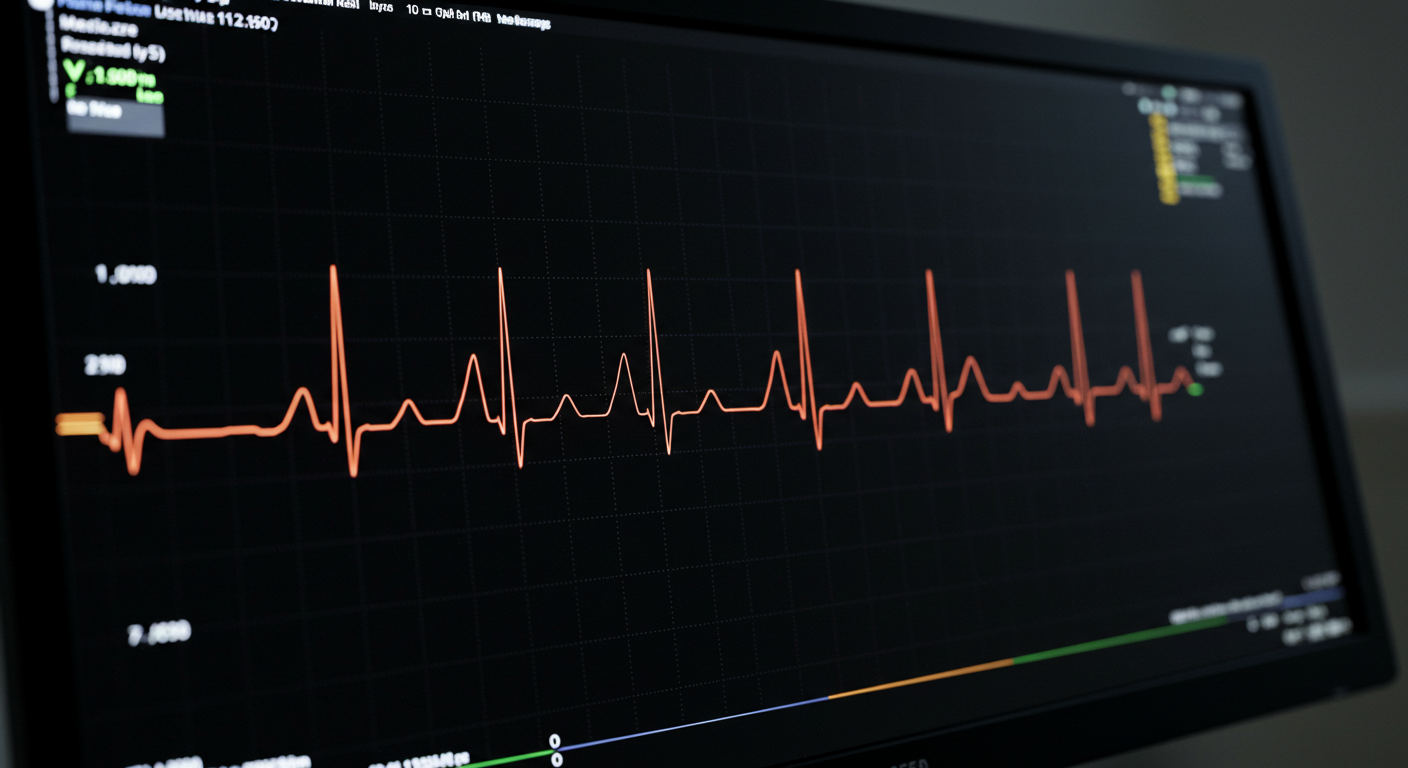Dr. Kumar’s Take:
The HOPE-3 trial found that rosuvastatin (10 mg daily) reduced cardiovascular risk by 24%, even in people without prior heart disease. However, the absolute benefit was small—only 1 fewer event per 91 people treated over 5.6 years. Those who couldn’t tolerate statins were excluded, and AstraZeneca funded the study, which raises concerns about bias. Also, the raw data isn’t publicly available, limiting independent verification. For people at moderate risk, a statin may help, but the decision should be individualized.
Brief Summary:
This large, randomized controlled trial studied 12,705 people across 21 countries who had risk factors for heart disease but no prior cardiovascular events. Participants were given either rosuvastatin (10 mg/day) or a placebo and followed for 5.6 years.
Key Findings:
✔ Rosuvastatin lowered LDL cholesterol by 26.5%.
✔ Relative risk reduction: 24%.
✔ Absolute risk reduction: 1.1% (NNT = 91).
✔ More muscle pain (5.8% vs. 4.7%) and cataract surgeries (3.8% vs. 3.1%).
✔ No increase in diabetes or cancer.
Study Design:
This was a double-blind, placebo-controlled study. Participants were men ≥55 and women ≥60 with at least one cardiovascular risk factor. People with statin intolerance or clear indications for statins were excluded.
Results:
First Primary Outcome (CV Death, MI, Stroke)
- Rosuvastatin: 3.7% had an event
- Placebo: 4.8% had an event
- Absolute risk reduction (ARR): 1.1%
- Relative risk reduction (RRR): 24%
- NNT: 91
Expanded Outcome (Above + Cardiac Arrest, Heart Failure, Revascularization)
- Rosuvastatin: 4.4% had an event
- Placebo: 5.7% had an event
- ARR: 1.3%
- RRR: 25%
- NNT: 73
Limitations and Considerations
- Exclusion of statin-intolerant patients may overestimate real-world benefits.
- Absolute risk reduction was modest, meaning the benefit per person is small.
- AstraZeneca funded the study, though an independent research group conducted it.
- The raw data isn’t publicly available, limiting external validation.
Related Studies and Research
Statins and Primary Prevention: The Debate – Discusses the controversy surrounding statins for primary prevention in low-risk populations.
Rosuvastatin, CRP, and the JUPITER Trial – Examines the JUPITER trial findings on rosuvastatin and C-reactive protein in primary prevention.
Statins for Healthy Men: A Review – Investigates the risks and benefits of statin therapy in men without established heart disease.
Statins and Neuromuscular Side Effects – Analyzes the potential neuromuscular complications associated with statin use.
Frequently Asked Questions
Should you take rosuvastatin for prevention?
This study suggests that for every 91 people treated, one cardiovascular event is prevented over six years. If you’re at moderate risk, a statin may reduce your chances of heart attack or stroke.
What about side effects?
Muscle pain was slightly more common, and cataract surgeries were slightly higher in the rosuvastatin group. However, no increase in diabetes or cancer was seen.
Why does AstraZeneca’s funding matter?
Industry-funded studies sometimes show more favorable results. While the study was independently run, the lack of public data makes independent verification difficult.
Conclusion
The HOPE-3 trial supports using statins for primary prevention, even in people without high cholesterol. However, the absolute benefit is small, and real-world results may differ. If you’re at intermediate risk, talk to your doctor to weigh the benefits and risks.


